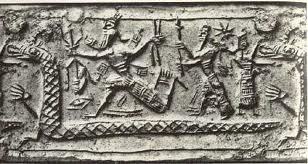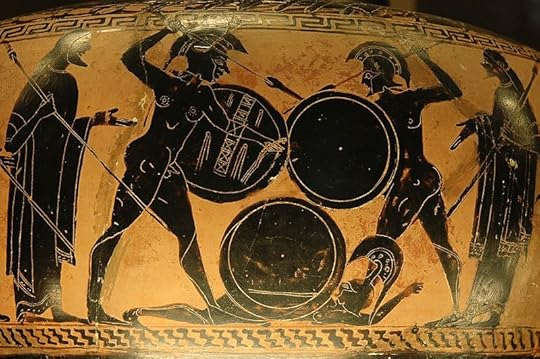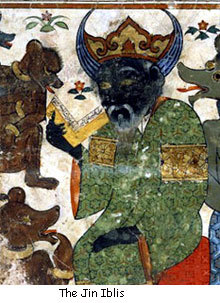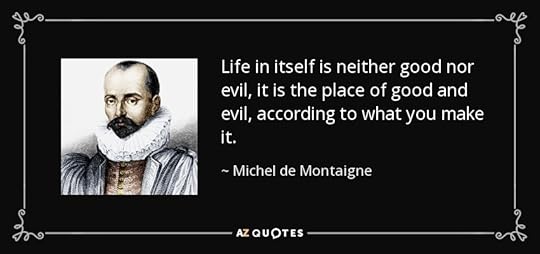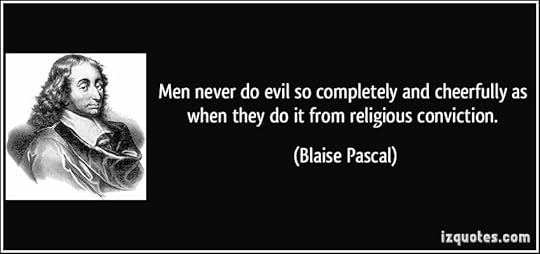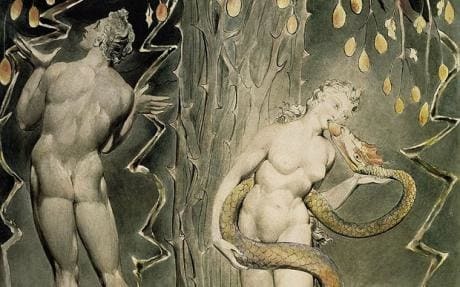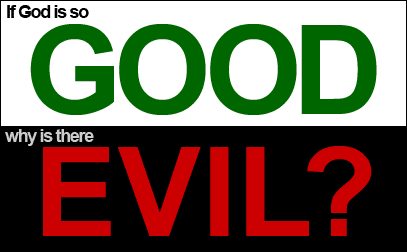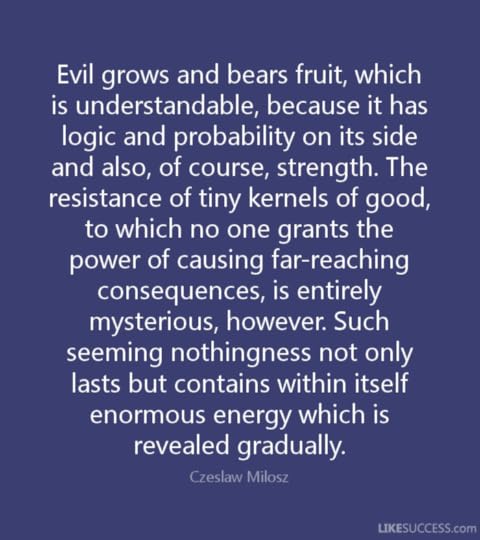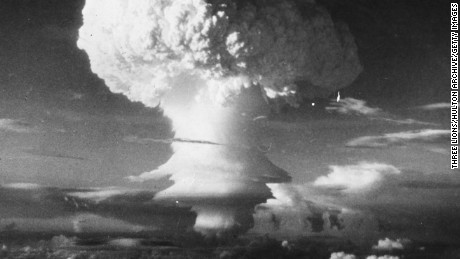What do you think?
Rate this book
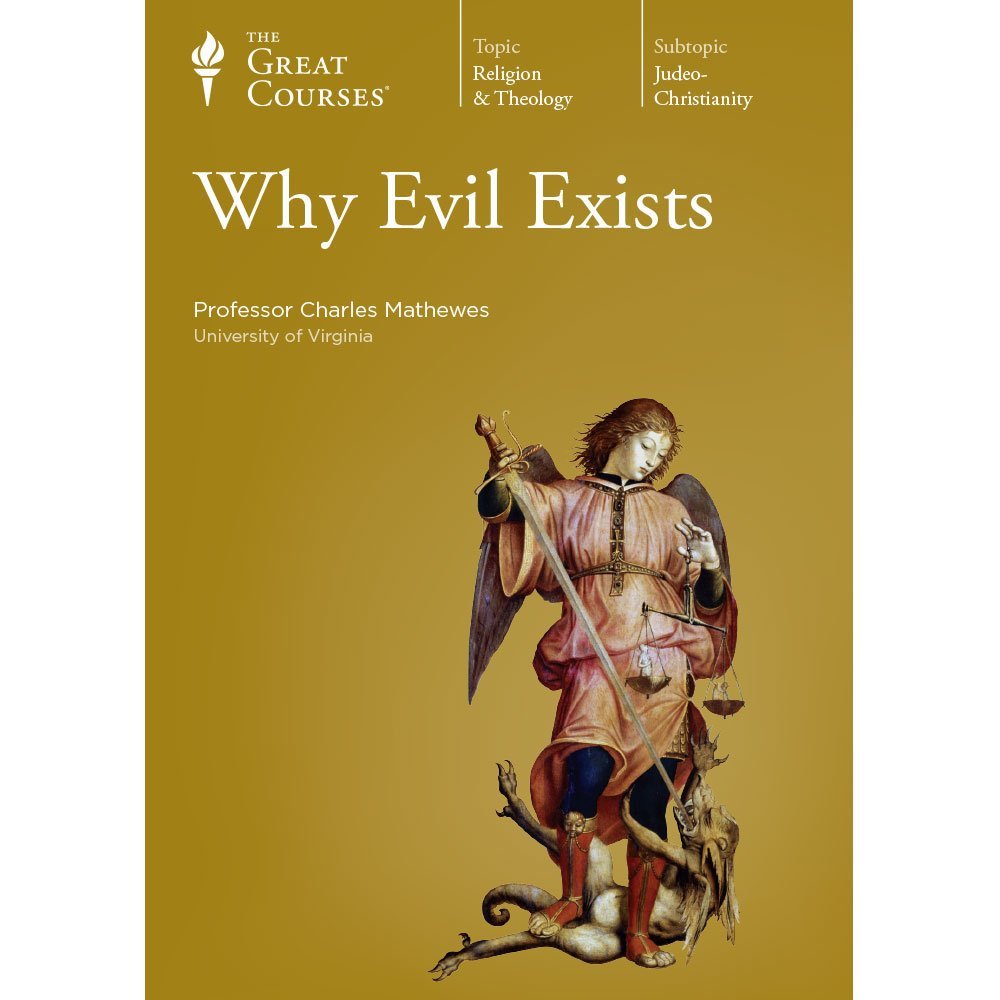

Audio CD
First published January 1, 2011
In Islam, the Devil is known as ʾIblīs (Arabic: إبليس) or Shayṭān (Arabic: شيطان). In the Quran, God made Iblis out of “smokeless fire or from the unadulterated fire of fire” (same as the other jinn) and made man out of mud. The essential trait of the Devil, is that he has the ability to cast insidious recommendations into the core of men, ladies, and jinn.
“Why do humans do evil? What is behind "man's inhumanity to man," the troubling fact of human actions that produce suffering and destruction? Is it ultimately a spiritual or cosmic problem? Is it a consequence of social systems or power structures? Or is it some inner deficit of human nature, lurking in the shadow world of our psychology? Why, in the end, does evil exist?”
"In Islam, the Devil is known as ʾIblīs (Arabic: إبليس) or Shayṭān (Arabic: شيطان). In the Quran, God made Iblis out of “smokeless fire or from the unadulterated fire of fire” (same as the other jinn) and made man out of mud. The essential trait of the Devil, is that he has the ability to cast insidious recommendations into the core of men, ladies, and jinn."
"(Allah) stated: “O Iblis! What keeps you from prostrating yourself to one whom I have made with Both My Hands. Are you excessively glad (to fall prostrate to Adam) or are you one of the high commended?” (Iblis) said “I am superior to he, You made me from fire, and You made him from dirt.”[3]
Pleased to meet you, Hope you guess my name....M. Jagger, K. Richards, Sympathy for the Devil, 1968
But What's Puzzling You Is the Nature of My Game

